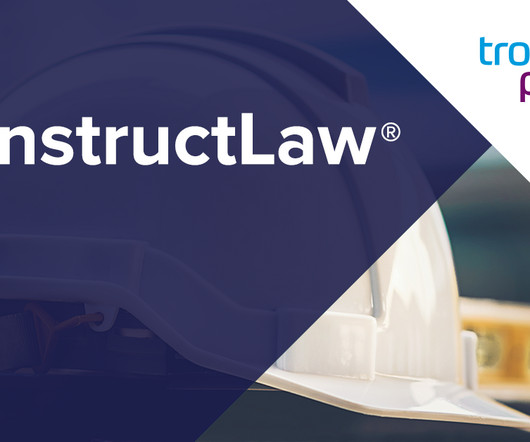How to File a Lawsuit After an Injury At a Construction Site?
Construction Marketing
MARCH 2, 2023
You may wonder if you have legal recourse if you have been injured while working at a construction site. Help with negotiations This can be difficult, as insurance companies are often reluctant to pay large settlements. Contributory negligence This defense says that you were partially to blame for your injuries.











































Let's personalize your content